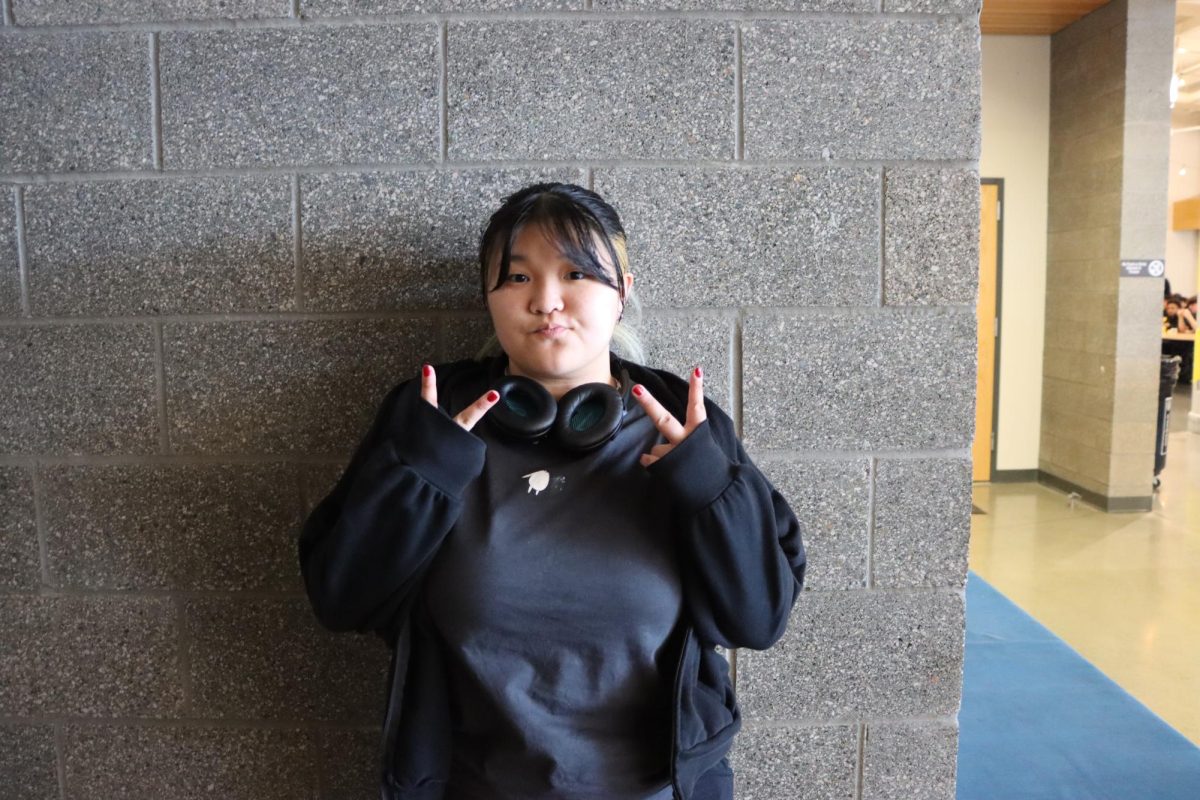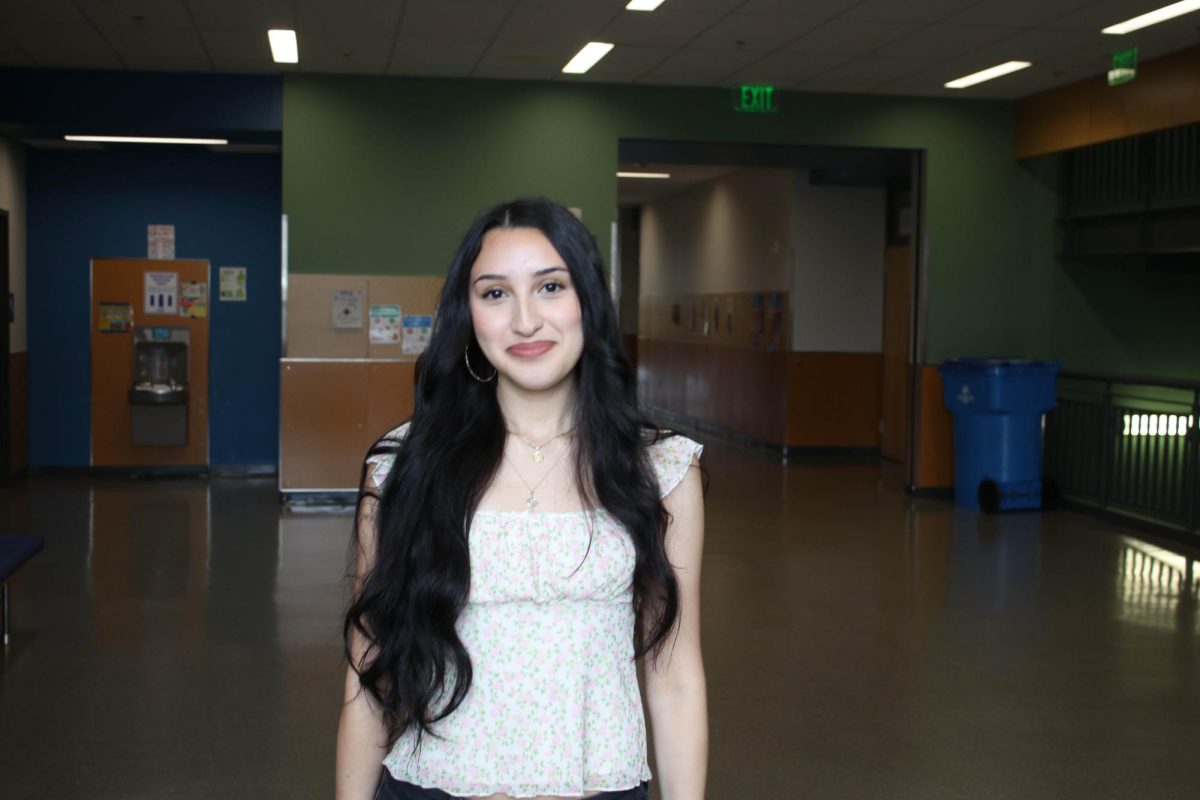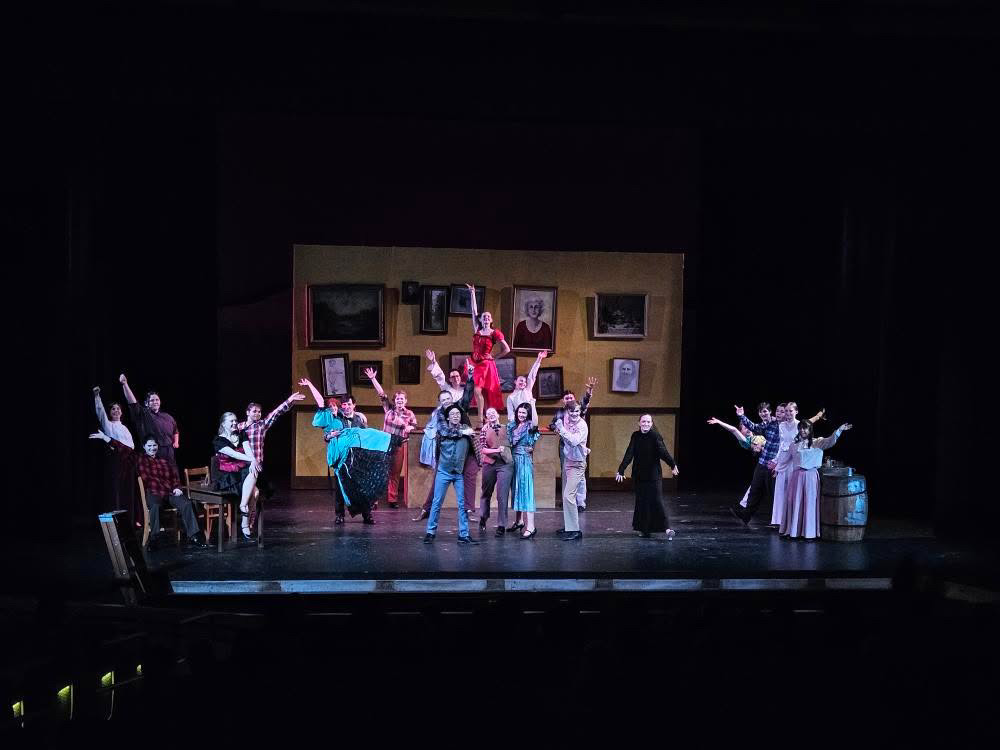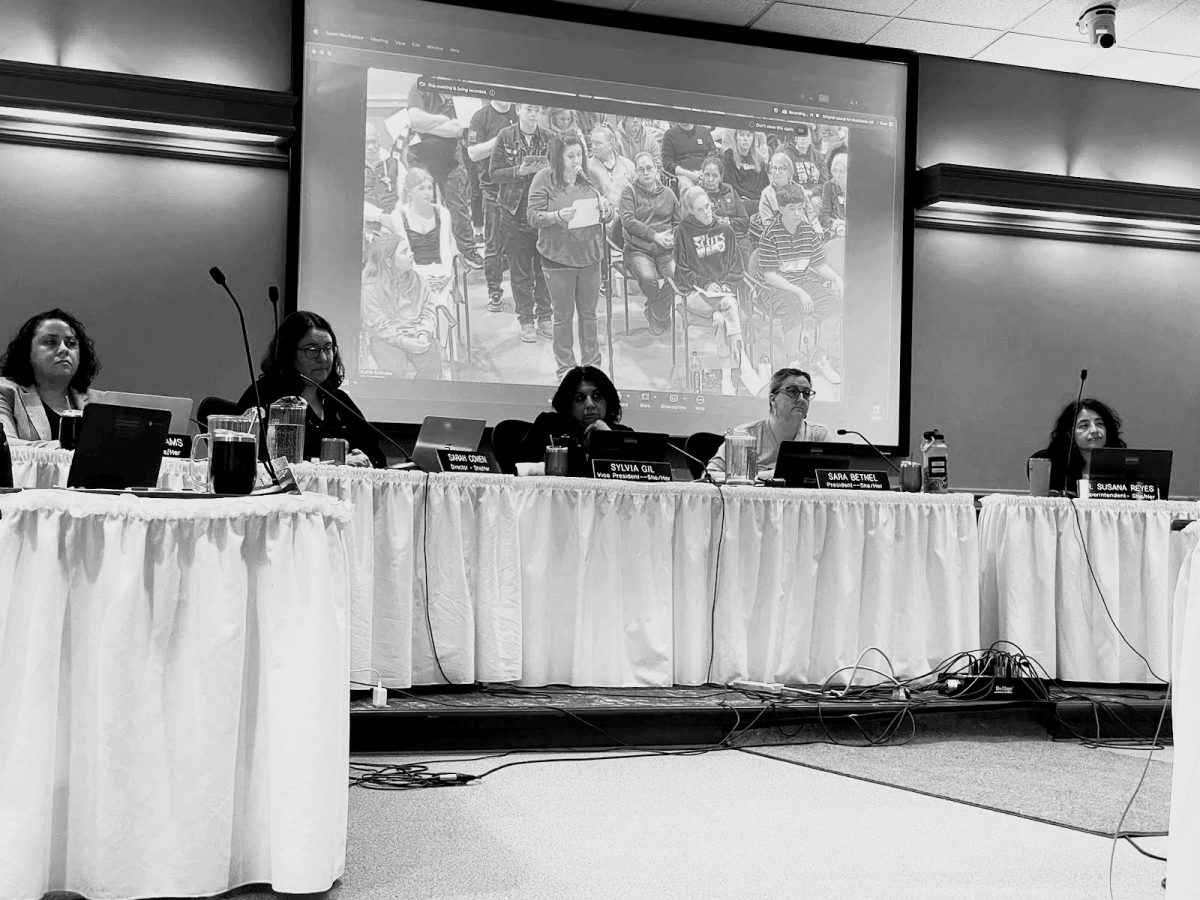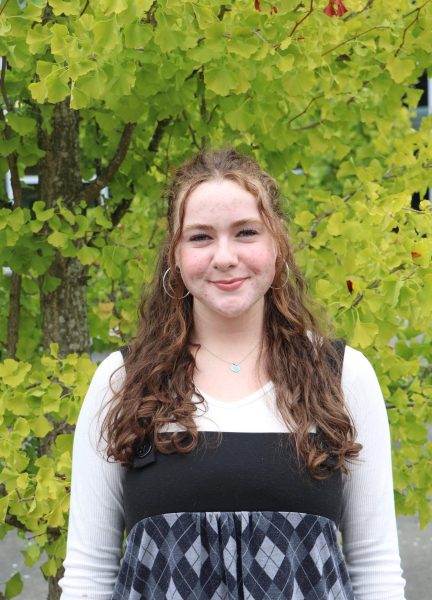Although they don’t give out medals to the top three finishers, they do give out something equally as good to a high school student: They don’t have to take the end-of-year final. The Physics Olympics take place in the Physics classes taught by Julia Slade, Kellie Stitch, and Andrew Bagley. They are competitions where students must build inventions with limited materials using physics principles they learned in class.
Each new Olympics is after students finish a new unit. The competitions are used as a way of testing knowledge and understanding of the units. Rather than having end-of-unit tests, the Physics teachers use weekly quizzes and the Physics Olympics as “tests”.
The Physics Olympics have been at Shorewood for about 20 years. And this year’s Olympics just wrapped up with the final competition being an egg drop off of the second-floor balcony.
The student who finished first overall in all of the physics classes was, junior, Huey Hoff. This means that not only did he beat all of his classmates in the Physics Olympics, but he also finished on top of every student who is in Physics this year.
And the cherry on top: he won’t have to take the end-of-year final. “I really liked the creativity [the Physics Olympics] offered,” says Hoff. Hoff’s favorite competition was the balloon car, the first Olympics of the year. The students had to build a car from given materials, and it had to weigh very little, as well as being powered by a single balloon, and had to travel at least three meters.
“It was my first time doing the Physics Olympics, and I got to actually do the hands-on stuff and apply what we had been learning… The focus of this was to be hands-on and creative in your interpretation of what we’ve been learning,” says Hoff.
The Physics Olympics also create a bit of a break in the rigorous everyday schedule of the classes.
“Lots of times it could feel like, ‘Ok, we’re doing notes again,’ ‘Oh, we’re doing a lab again,’… It can feel like you’re on a hamster wheel,” says physics teacher Andrew Bagley.
Without them, the Physics classes would be “Meek… and unpopular. Just a shell of itself. Physics is hard enough to understand, why it fits into the world, sometimes, and without [the Physics Olympics] it feels like it would be too obtuse and less in your face,” said Bagley.
These competitions aren’t just beneficial for the students, but for the teachers as well.
“It’s a time for teachers to get to know their students in a different kind of way that’s personable, and you can talk about their lives and share stories; it’s a little bit more casual. It feels like a summer camp and less like a class,” says Bagley.
For those incoming Physics students next year, here’s a little advice from the overall winner of the Physics Olympics this year: “Don’t think too much about it. There were groups where I could tell were overthinking stuff, and they didn’t do as well as they probably thought they would have,” said Hoff.




